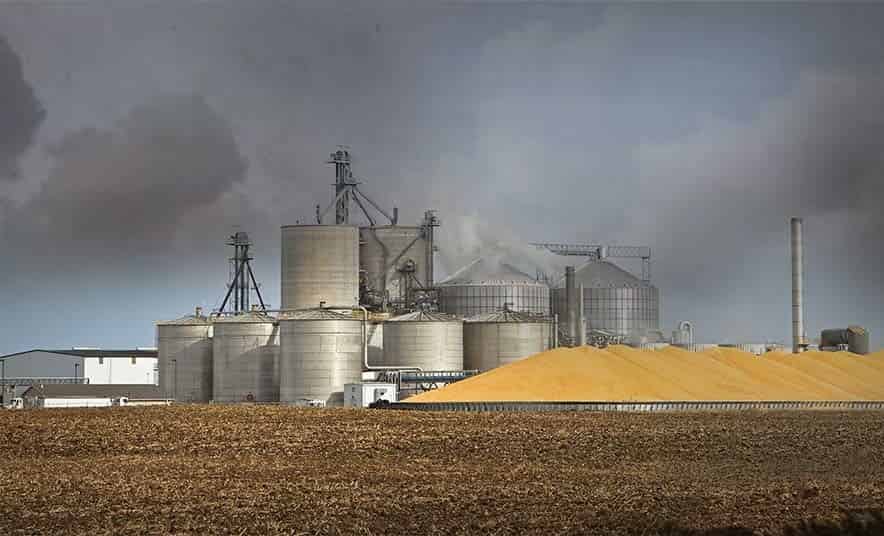Welcome To ChemAnalyst

US: According to a recent study, although our massively subsidised clean fuels are lowering our greenhouse gas emissions, they are also damaging and depleting our water supplies. These findings highlight the compromises that are frequently overlooked when the government steps in to protect the environment. An alcohol fuel that comes from plants is called Ethanol. It is nearly completely manufactured from maize in the United States. Soy is frequently used to make biodiesel. All of them are referred to as "biofuels."
The biofuel business has always been dependent on government subsidies since, on average, biofuels are more expensive than the fossil fuels, such as petrol and diesel, that they replace. The Bush-era Renewable Fuel Standard, popularly known as the Ethanol mandate, is currently of the utmost importance. Fuel refiners are effectively forced to mix Ethanol with petrol by the Ethanol requirement. Because of this, the petrol you purchase at the pump frequently contains 10% Ethanol, which damages your lawnmower or motorcycle.
Although Ethanol burns far more cleanly than petrol, the production of it uses a variety of unfriendly environmental inputs. The most notable factors are the enormous volumes of fertiliser and irrigation needed to cultivate maize. As a result, water sources are reduced, and fertiliser runoff poisons the water, leading to eutrophication. Because tractors and Ethanol distilleries use fossil fuels that release greenhouse gases, the production of Ethanol and biodiesel also contributes to greenhouse gas emissions.
An extensive investigation into the long-term viability of Maize Ethanol and Soy-based Biodiesel in the United States was carried out by a group of scientists led by mechanical engineer. This study tries to take into consideration regional variations in the production of Maize, Soy, and Biofuels, which is novel.
For example, Corn Ethanol made in central Nebraska uses up water far more quickly than Corn Ethanol made in Iowa. In terms of greenhouse gas intensity, Appalachian Soy Biodiesel is substantially more intense than Illinois Soy Biodiesel.
Following a thorough analysis of the data, The United States dedicates 5% of its farmland to projects that aim to cut national greenhouse gas emissions by 1%. In addition, Nitrogen runoff from Biofuels pollutes water at a rate five times higher than that of fossil fuels, depleting water supplies at a pace 36 times faster than that of fossil fuels (depletion per energy generated).
Biofuel production can lower emissions, but it involves a significant trade-off regarding water and nitrogen intensity.
We use cookies to deliver the best possible experience on our website. To learn more, visit our Privacy Policy. By continuing to use this site or by closing this box, you consent to our use of cookies. More info.
